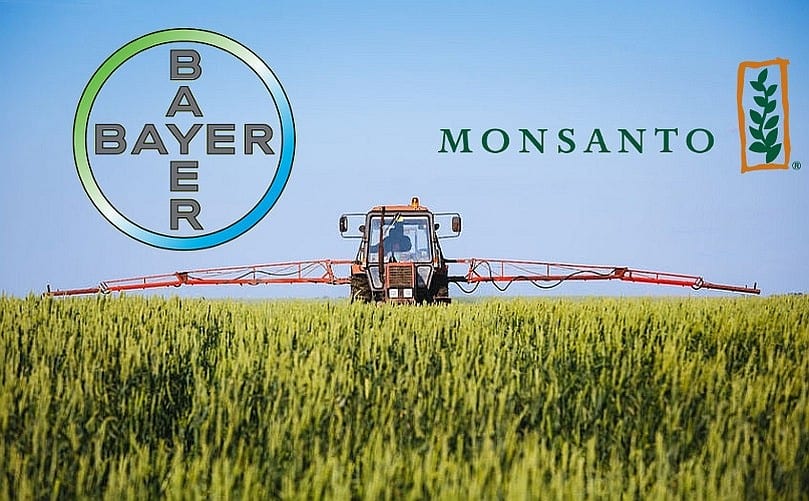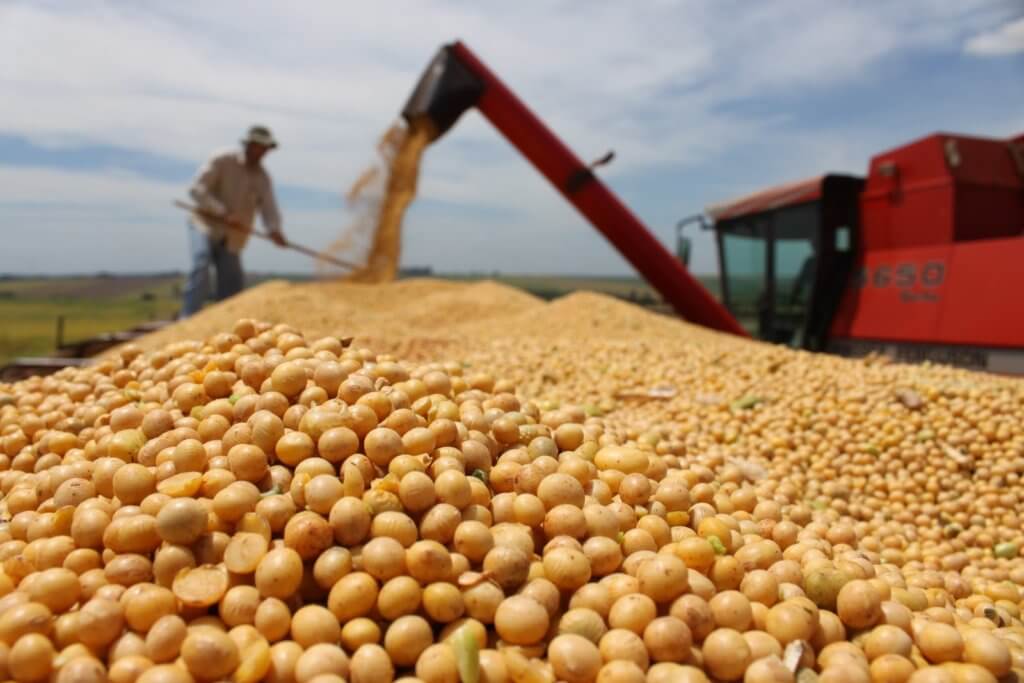On May 8, the Bolivia’s interim government signed a decree that provides freedom to use genetically modified seeds in various crops. Such a measure caused heated debate between entrepreneurs and the opposition camp consisting of activists and non-governmental organizations. How is the topic of introducing genetically modified biotechnologies in agriculture in South America developing today? What consequences could the countries of the region expect?
Today, a new generation of genetically modified foods goes straight from the fields and to consumers’ tables. We are talking not only about crops, but also about animals raised in genetically created conditions. Often, without independent research that confirms the feasibility of such products, companies and governments advertise the “safety” of products. In Latin American countries, the topic of biotechnology development is particularly acute. And what is it? Scientific Responsibility or Irresponsibility of Regional Governments?

Chile is currently the largest seed exporter in the southern hemisphere. The transnational corporation “Bayer” expands its presence every year and increases the number of plants for the production of genetically modified seeds of its subsidiary “Monsanto”, which causes a barrage of criticism from regional environmental organizations. About 50 kilometers south of the Chilean capital are the two largest seed plants in Chile. In September 2018, after the acquisition of “Monsanto”, “Bayer Crop Science” announced the modernization of the Viluco plant, the only producer of vegetable seeds in South America and one of the three largest plants in the world.
According to the official data of the ChileBio Seed Producers Federation, in 2016-2017. Chile exported seeds worth $ 338.5 million, a fifth of which was genetically modified. One of the benefits for the Chilean seed business is that when Europe is winter, it is summer time in South America. The vegetable seeds processed at the Viluco plant still account for only a small fraction of the seed export. More important: corn, soy and canola. They are processed at another plant, a few kilometers south of Viluco, in the Paine countryside. There, the majority of the population is employed in the agricultural sector. By the way, in the EU countries the cultivation of genetically modified rapeseed is prohibited. In Chile, on the other hand, cultivation is permitted only for research and export purposes.

Argentina became the first country in Latin America to adopt genetically modified soybeans. This decision was made in March 1996 and in record time – within 81 days, based on studies conducted by “Monsanto”, without taking into account social, environmental and medical consequences. Such a measure was an important milestone in the food development of Argentina and meant dramatic changes in the agricultural model of the country. In addition, the Resolution was adopted by several officials, led by the Minister of Agriculture, the current head of the Foreign Ministry, Felipe Solá (Spanish – Felipe Carlos Solá), without extensive information coverage and citizen participation.
In the same way, on May 12, 2015, the Law on Genetic Edition was adopted, which was not considered in the National Congress, and, as in the case of soybeans, any information about this was kept silent for the public. This Ministerial Resolution No. 173/15 was signed by former Minister of Agriculture, Gabriel Delgado (Spanish – Roberto Gabriel Delgado). Turning to the interpretation of this law, one should pay attention to the wording, which notes that genetic regulation refers to “new methods of improvement” of agricultural biotechnologies, and not to transgenic cultivation of plants, therefore, for such a measure, it is not necessary to study possible environmental or health impacts population.
Despite quarantine measures in Bolivia, on May 8, the Interim government passed a Decree that provides freedom to use genetically modified seeds in various crops. The Interim president of the country, Jeanine Áñez (Spanish – Jeanine Áñez Chávez), signed this Resolution approving the implementation of “shortened procedures” (within 10 days) for the introduction of GMO seeds of corn, sugarcane, cotton, wheat and soy.
The largest agricultural companies in Bolivia, located in the Santa Cruz department (eastern region), which have required more openness for genetically modified seeds to enter the country’s market for more than a decade, have enthusiastically accepted this Decision, calling it a key tool in improving productivity and ensuring food security. Among the sectors, it is worth highlighting the Agricultural Chamber of the Eastern Region (Spanish – Cámara Agropecuaria del Oriente), various associations of oilseed producers, industrial oil, dairy farmers and owners of livestock complexes, which sent letters of thanks to Áñez.

Prior to the adoption of the Resolution, genetically modified foods and seeds were prohibited by the Political Constitution of Bolivia of 2009, however, the previous government of Evo Morales (Spanish – Juan Evo Morales Ayma) in early 2019 authorized the use of a new variety of transgenic soybeans in crops intended exclusively for production raw materials for industrial purposes. In turn, the Bolivian Agrarian Movement (Spanish – Movimiento Agrario Boliviano), which brings together about forty producer organizations and private research groups, warned that a general openness to GMO seeds would mean promoting the interests of agribusiness chains, benefiting mainly dominant economic groups, and not to most manufacturers. In addition, Environmental Non-Governmental Organizations (NGOs) rejected the Interim government Resolution on the grounds that it would jeopardize Bolivia’s food security rather than guaranteeing sufficient food supplies for the domestic market and exports.
Today, the widespread adoption of genetically modified seeds in South America is of concern not only to environmentalists, non-governmental organizations, but also to the general population. The unlimited use of GMO seeds will especially affect traditional sectors such as wheat and corn. In addition, South American countries have hundreds of varieties of these crops, which are still grown by traditional and organic methods. How could governments in the region strike a balance between large agribusiness, biodiversity, and food security? Could political decisions lead to environmental disaster? – Just a few of the global issues that today create social “convulsions” in South America.


